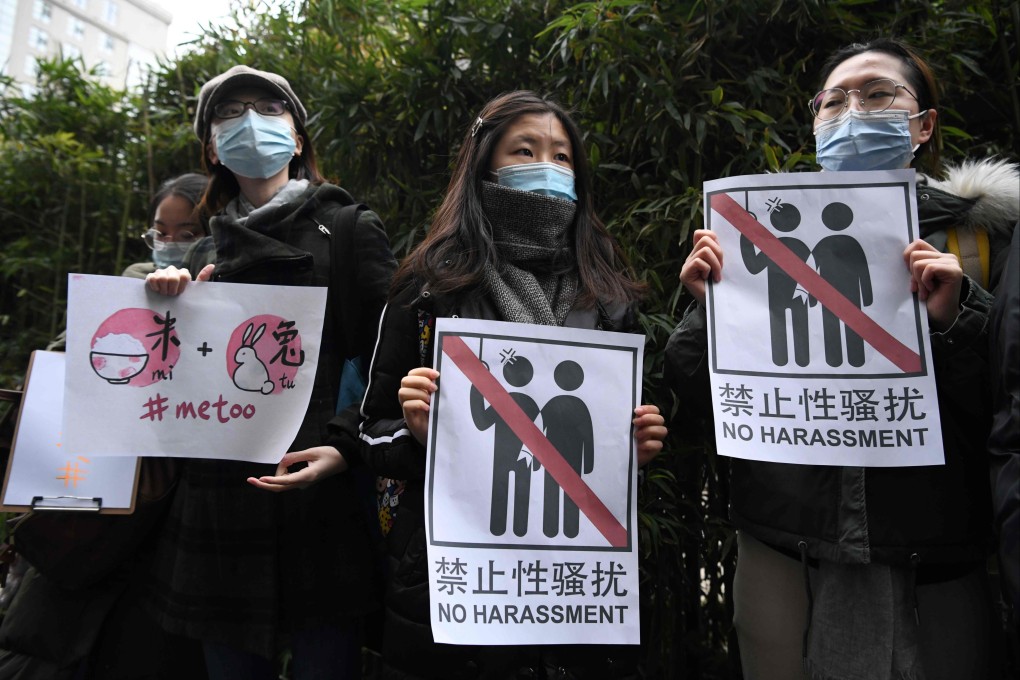Editorial | Register for sex offenders needed in mainland China
- Proposed legal amendment that seeks better protection for China’s students through a national record for schools and universities is to be welcomed

Sexual harassment is a menace found in all walks of life. But it is especially prevalent in schools and universities, where young students make easy targets for predators. Abuse on campus has been a concern on the mainland for many years. It was highlighted by the #MeToo movement in 2018. The Ministry of Education revealed last month that two teachers at different universities had lost their jobs after sexually harassing female students. A professor was fired in February for having an affair with a student who became pregnant.
The mainland’s huge size and lax regulation make it easy for sex offenders to travel from place to place and continue to find work without their past record being revealed. Now, a proposed legal amendment seeks to establish a national sex offender register for schools and universities, to provide better protection.
The change to the Law on the Protection of Women’s Rights and Interests would set up a national registration system for offenders, allowing educational institutions to track records and movements. It would place a legal responsibility on schools and universities not to employ candidates with sexual assault convictions to work with young people. The proposal is currently under consultation.
There is room for some fine-tuning of the law. There should be a clear definition of what constitutes sexual harassment. Measures are also needed to ensure those proved to be responsible for such abuse face penalties. Checks will also be needed on teachers from overseas.
But the biggest challenge, as with many laws on the mainland, is ensuring effective enforcement. This will require close cooperation between different departments and diligence among schools and universities to ensure offenders do not slip through the net.
Mainland women who made allegations as part of #MeToo have found it difficult to secure justice in court. Many have, instead, found themselves targeted with defamation suits by alleged attackers. The law must be effective in protecting the weak and vulnerable.
